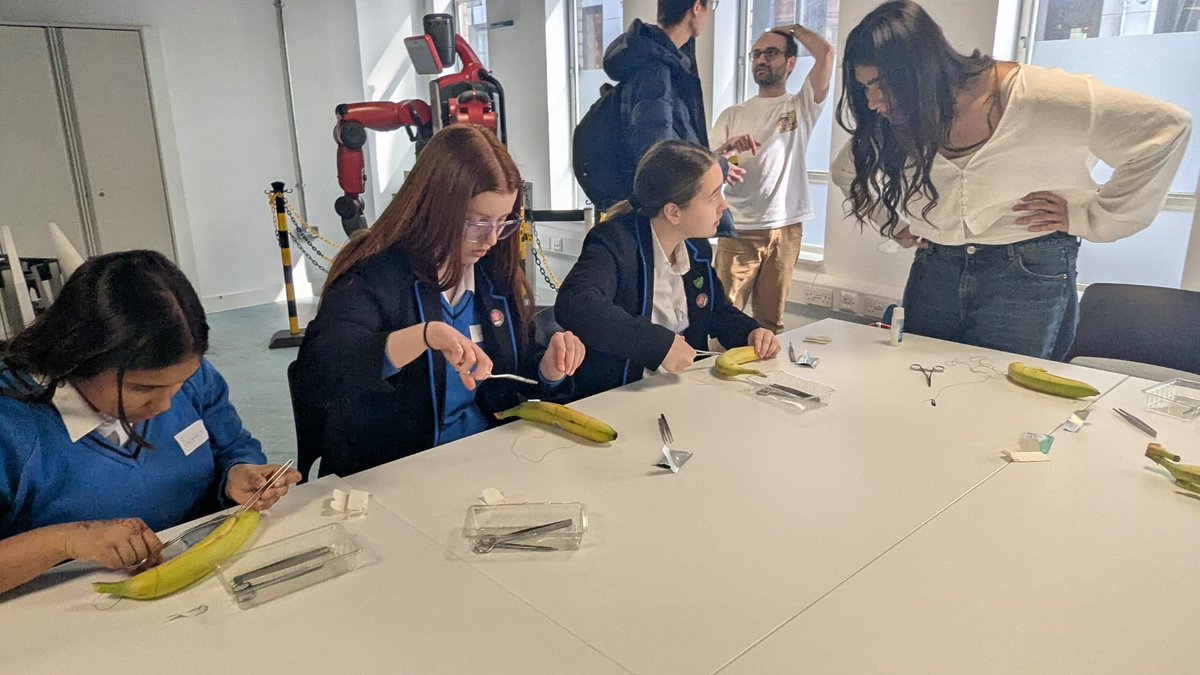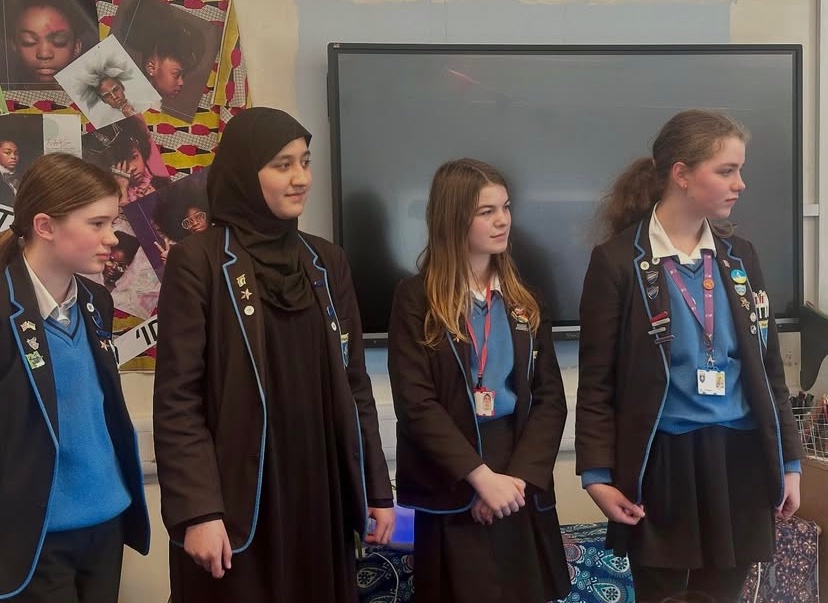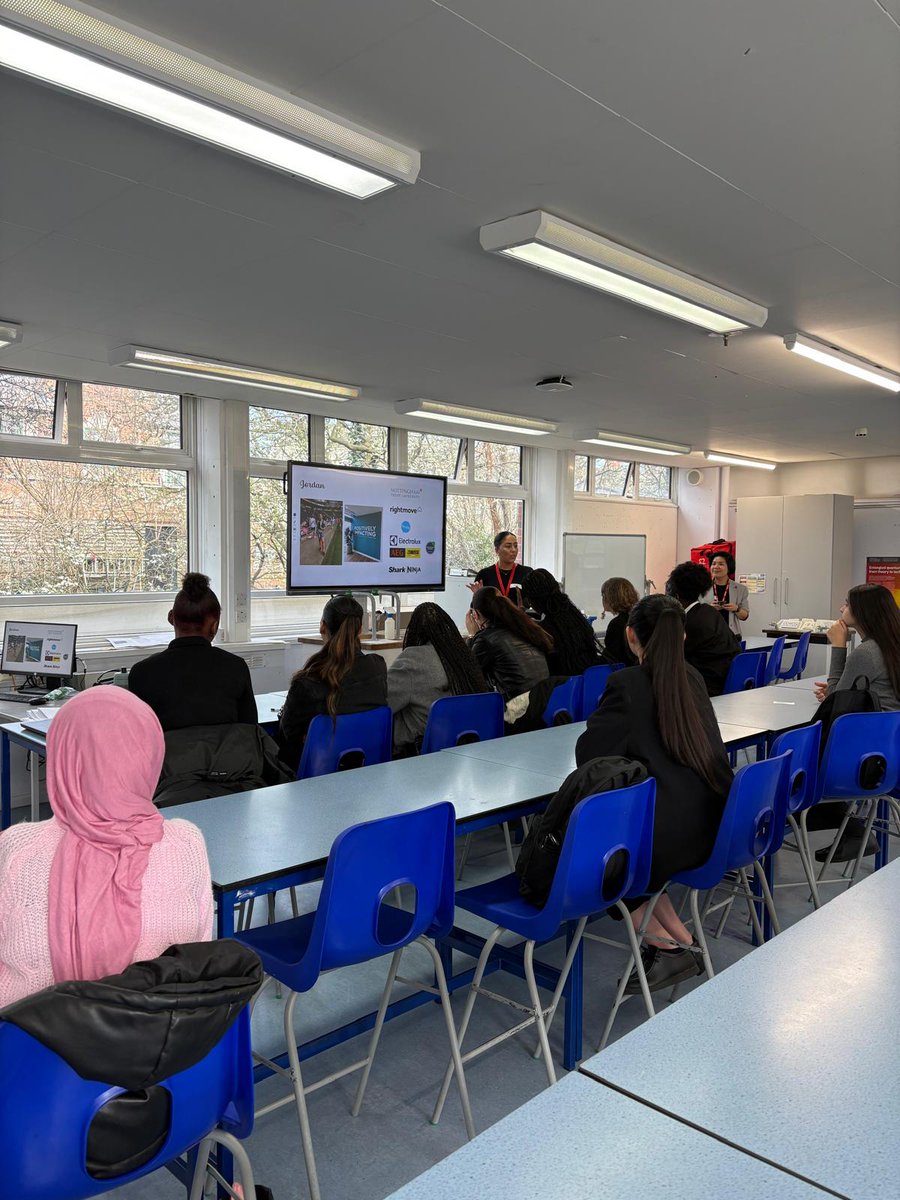Reading for Pleasure
There is a growing body of evidence which illustrates the importance of reading for pleasure for both educational purposes as well as for personal development.
Reading for pleasure has been defined by the National Literacy Trust as “reading that we do of our own free will, anticipating the satisfaction that we will get from the act of reading. It also refers to reading that, having begun at someone else’s request, we then continue because we are interested in it” (Clark and Rumbold, National Literacy Trust, 2006). All pupils get the opportunity to read a book of their choosing every Friday for 30 minutes during coaching time.
Reading for pleasure has social benefits and can make people feel more connected to the wider community. Reading increases a person's understanding of their own identity, improves empathy and gives them an insight into the world view of others (The Reading Agency, 2015). Further benefits include:
• Improved text comprehension and grammar
• Improved breadth of vocabulary
• More positive reading attitudes
• Greater self-confidence as a reader
• Pleasure in reading in later life
• Improved general knowledge
• A better understanding of other cultures
Recommended reading lists
These can be found on individual subject pages in the curriculum area of the website. They contain reading linked to the curriculum and suggested wider reading too.
Evidence suggests that there is a positive link between positive attitudes towards reading and scoring well on assessments, and that reading enjoyment is more important for children’s educational success than their family’s socio-economic status or their parents’ level of education.
Download Supporting your daughter’s reading progress: A guide for parents and carers with girls in Year 7. This explains what we do to support reading and how you could support your daughter’s reading progress too.
The School Reading List website is also an excellent source of suggested reading.
The library
Our library is a functional and highly-resourced space for students to access before school, during break and lunch and after school. It has a vast number of books that can be loaned, spanning a range of genres.
It is a quiet space that students can use to complete homework or coursework before and after school. There are ample tables and computers available, as well as our photocopiers for printing work and copying texts.
All students receive a loyalty stamp card and are challenged to read books to gain stamps: they receive one stamp for reading their own book and writing a review of it (handed in to the Librarian, Ms James, or the Head of English, Mr Jackson) and two stamps for reading a book directly linked to the English curriculum and writing a review on it.
A full stamp card is rewarded with places on trips and nominations for the Principal’s breakfast. The library promotes the Lit in Colour publication for schools by the Runnymede trust: https://www.runnymedetrust.org/publications/lit-in-colour
Book groups and societies
Throughout the year, there are many literacy opportunities for both staff and students to participate in. As well as World Book Day, termly reading and writing competitions and creative writing challenges organised by the English department promote reading and literacy across the academy.
The Autumn term poetry challenge was based on the Young Writers theme: https://www.youngwriters.co.uk/competitions/KS3-5. The poetry society meet every Wednesday lunchtime and the wider reading book group meets every Thursday lunchtime.
For further information on how literacy development is embedded across the academy, please see the Literacy at HGAED page in the curriculum area of the website.























